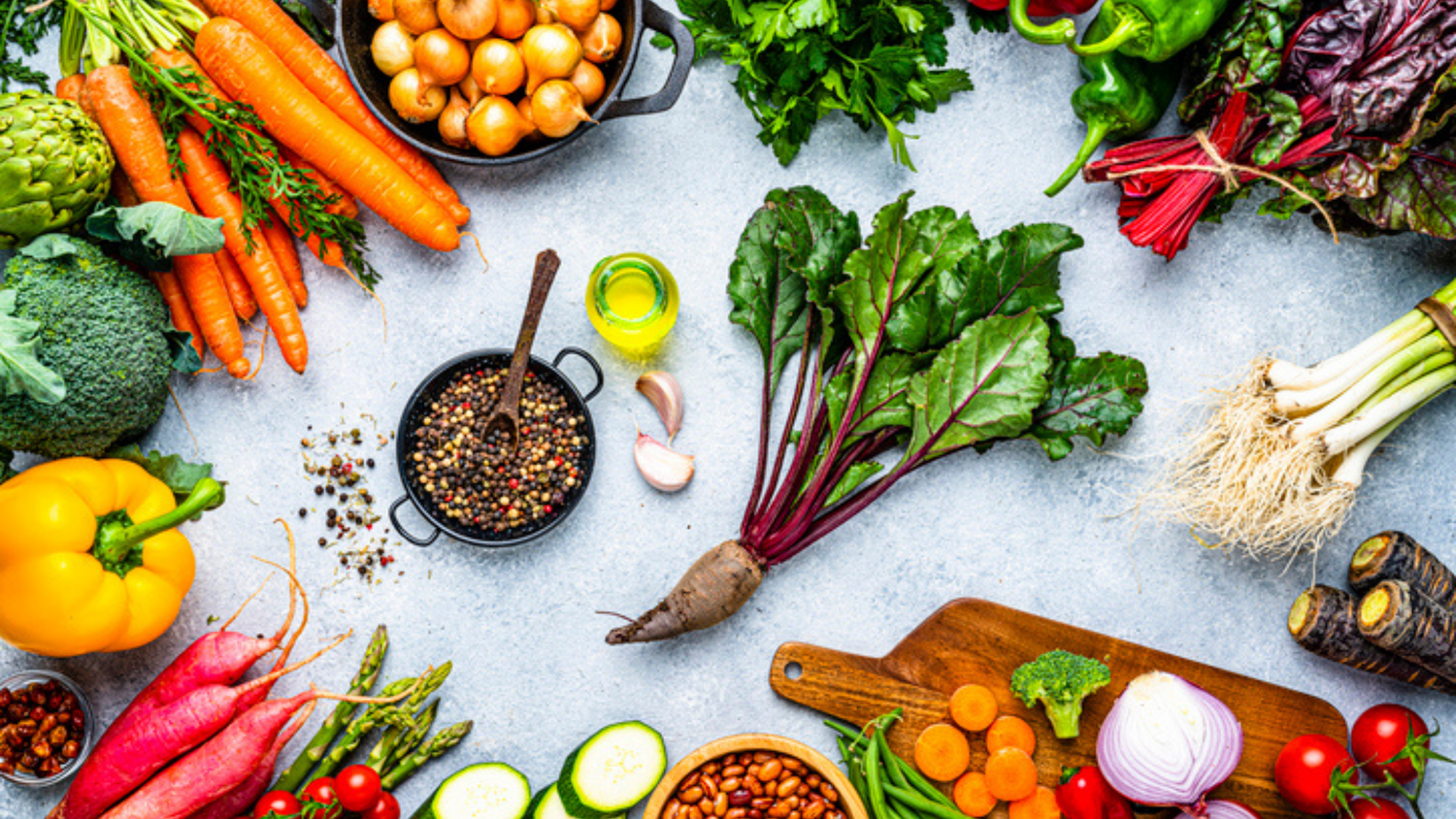Key Takeaways:
- Discover how certain foods, rich in nutrients and antioxidants, can promote healthy ageing and potentially extend your lifespan.
- Learn about the scientific research highlighting the benefits of including longevity foods in your diet, such as reducing inflammation and supporting cellular health.
- Find out how you can easily incorporate these powerful longevity foods into your everyday meals to support long-term well-being.
Did you know that some of the world’s oldest living populations share a common secret to their long lives? It’s not just about genetics or lifestyle—what they eat plays a significant role in their longevity. From the Mediterranean diet’s olive oil to the soy-rich meals in Japan, certain foods have been scientifically shown to support healthy ageing and may even help you live longer. Let’s explore the best foods for longevity and how they can positively impact your life.
Plant-Based Foods
Fruits and Vegetables
Fruits and vegetables are at the core of any diet aimed at promoting longevity. Packed with vitamins, minerals, and antioxidants, these foods help protect your cells from damage caused by free radicals, which are known to accelerate the ageing process. For instance, berries like blueberries and strawberries are rich in flavonoids, compounds that have been linked to improved brain health and reduced risk of chronic diseases (R).
Cruciferous vegetables, such as broccoli, kale, and cauliflower, are also key players in the longevity game. These vegetables contain sulforaphane, a compound that has been shown to have powerful anti-inflammatory and anti-cancer properties (R). By including a variety of fruits and vegetables in your daily diet, you can support your body’s natural defences and promote long-term health (R, R).

Whole Grains
Whole grains like oats, quinoa, and brown rice are more than just a source of energy—they’re a foundation for longevity. These grains are high in fiber, which supports digestive health, helps regulate blood sugar levels, and reduces the risk of heart disease. Studies have shown that people who consume more whole grains tend to have a lower risk of chronic conditions like heart disease and type 2 diabetes (R).
Whole grains are also rich in essential nutrients such as B vitamins, which play a critical role in maintaining energy levels and brain function as you age. Incorporating whole grains into your meals can be as simple as swapping out refined grains for whole-grain alternatives or adding a serving of oats to your breakfast routine (R).
The Mediterranean Diet
Heart-Healthy Fats
The Mediterranean diet is often hailed as one of the healthiest diets in the world, and for good reason. This diet, which is rich in heart-healthy fats like olive oil, nuts, and seeds, has been linked to a longer lifespan and a lower risk of chronic diseases. Olive oil, in particular, is a standout due to its high content of monounsaturated fats and polyphenols, which have been shown to reduce inflammation and protect against heart disease (R).
Incorporating olive oil into your diet is easy and can be done by using it as a base for salad dressings, drizzling it over vegetables, or using it in place of butter in cooking. Additionally, nuts and seeds like almonds, walnuts, and flaxseeds provide a healthy dose of omega-3 fatty acids, which are known to support brain health and reduce the risk of cognitive decline as you age (R, R).

Legumes
Legumes, such as beans, lentils, and chickpeas, are a staple in many of the world’s longest-living populations. These foods are not only rich in protein but also high in fiber, vitamins, and minerals that support overall health. Research has shown that regular consumption of legumes is associated with a lower risk of heart disease, diabetes, and certain cancers (R).
Legumes are also a great plant-based protein source, making them an excellent choice for those looking to reduce their intake of animal products. They can be easily incorporated into soups, salads, and stews, or even as a meat substitute in dishes like tacos or burgers.
Fermented Foods
Fermented foods like yogurt, kefir, sauerkraut, and kimchi are more than just tangy and flavourful—they’re packed with probiotics, the beneficial bacteria that support gut health. A healthy gut is essential for overall well-being, as it’s closely linked to immune function, mental health, and even weight management.
Studies have shown that a diet rich in fermented foods can improve gut microbiota diversity, reduce inflammation, and enhance nutrient absorption, all of which contribute to healthy ageing (R). Including a serving of fermented foods in your daily diet can be as simple as adding yogurt to your breakfast or enjoying a side of kimchi with your meal.

Fish and Seafood: Omega-3 Powerhouses
Fish, particularly fatty fish like salmon, mackerel, and sardines, is one of the best sources of omega-3 fatty acids. These essential fats have been shown to reduce inflammation, support heart health, and protect against cognitive decline, making them crucial for promoting longevity (R).
Omega-3s are also known for their role in maintaining eye health and reducing the risk of age-related macular degeneration (R). By including fish in your diet at least twice a week, you can reap the benefits of these powerful fats and support your overall health as you age.
Tea: A Timeless Beverage for Longevity
Tea, particularly green and black varieties, is rich in antioxidants called catechins, which have been shown to protect against cellular damage and reduce the risk of chronic diseases. Green tea, in particular, is known for its high content of epigallocatechin gallate (EGCG), a compound that has been linked to a lower risk of heart disease and certain cancers (R).
Regular tea consumption has also been associated with improved brain function, reduced stress levels, and a lower risk of cognitive decline. Whether you prefer green or black tea, making it a regular part of your routine can be a simple and enjoyable way to support longevity (R).

Exploring More Longevity Foods
The Benefits of Berries, Nuts, and Seeds
Beyond the foods mentioned, berries, nuts, and seeds also play a significant role in promoting longevity. Berries are packed with antioxidants and fibre, while nuts and seeds provide healthy fats and essential nutrients that support heart and brain health. Including a variety of these foods in your diet can help you build a strong foundation for long-term health (R).
Conclusion
Incorporating these longevity foods into your diet is a powerful step toward supporting your health and vitality as you age. From antioxidant-rich fruits and vegetables to heart-healthy fats and fermented foods, each of these foods plays a unique role in promoting long-term well-being. By making simple changes to your diet, you can nurture your body, protect against age-related diseases, and enjoy a longer, healthier life.
If you’re looking for an easy way to include some of these key nutrients in your daily routine, our Longevity Blend offers a thoughtfully crafted combination to help you on your journey. It’s a simple, convenient way to support your long-term health goals.





